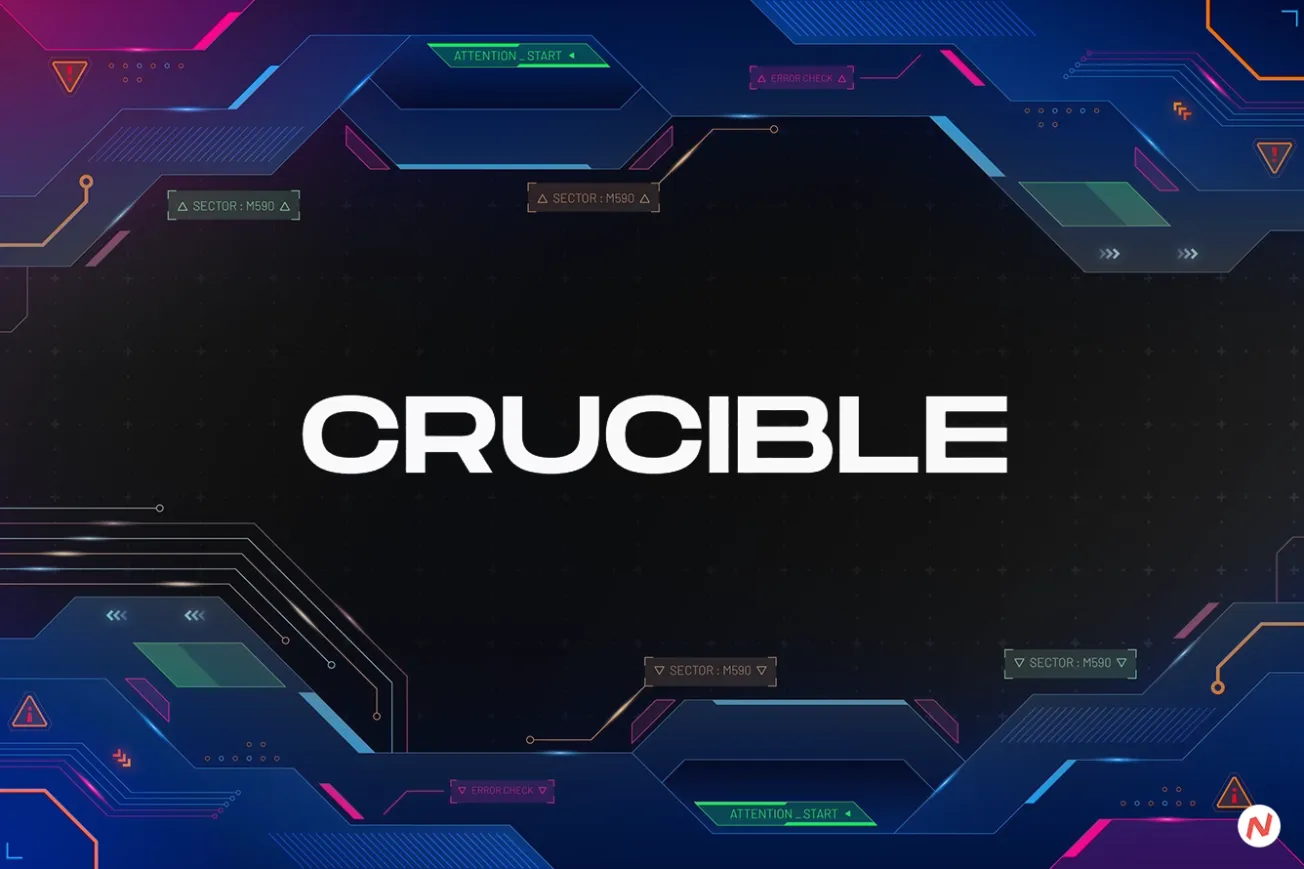- Iron Ox, a Silicon Valley-based agriculture technology startup, is on a mission to make fresh produce farming carbon-negative. By combining robotics, artificial intelligence, and plant science, they have redesigned the entire farming process, creating sustainable and precise methods of cultivation.
- Their closed-loop system optimizes plant yield, reduces growth cycle time, and maximizes crop quality, while significantly reducing water and energy consumption.
- With their advanced technology and data-driven approach, Iron Ox aims to revolutionize the agriculture industry and contribute to a more sustainable future.
Imagine a Tony Stark-themed world for farmers, and maybe we can call it “Farmers Assemble”? A place where the visionary genius of Iron Man intertwines with the art of cultivation; where every step of the farming process, from seed to store shelf is redesigned, achieving levels of precision that are impossible through conventional farming.
Where produce is grown in greenhouses designed from the ground up to mitigate the environmental impacts of agriculture — a data-driven approach backed by plant science, robotics, and artificial intelligence. Where the impossible mission of reversing climate change does not seem so far out of reach.
This imagination is starting to turn into reality.
The Humble Beginnings of Iron Ox
Based in California’s Silicon Valley, Iron Ox is an agriculture technology startup with deep expertise in robotics and artificial intelligence. The company’s mission is to make growing fresh produce carbon-negative.
They are pioneering a sustainable and precise way of growing produce using robotics, technology, and plant science to reduce agriculture's environmental impacts and farming's historical reliance on water, land, and energy. They have redesigned the entire growing process.
Founded by Brandon Alexander (Co-Founder & CEO), and Jon Binney (Co-Founder & CTO) in 2015, this ag-tech firm is using technology to ensure each plant receives the optimal levels of natural sunlight, nutrient-rich water, and additional nutrients it requires.
They follow a broader farming ecosystem, a ‘closed-loop system’ that optimizes plant yield, reduces growth cycle time, and maximizes crop quality. In addition to robots, their greenhouses utilize artificial intelligence and advanced plant science to grow produce more efficiently and at consistently higher levels of quality.
This technique reduces waste, increases yield using fewer resources, and continually allows them to refine their process. They use approximately 90% less water in their hydroponic, closed-loop system, and filter, treat, and recycle the water, so there is no water waste. Their approach ensures the plants receive only the inputs they need.
“World-class investors know that humanity’s most important pursuit is to reverse climate change. To get there, we can’t settle for incrementally more sustainable crops — and we can’t ask consumers to compromise on taste, convenience, or value,” said Co-Founder Brandon Alexander.
“We are applying technology to minimize the amount of land, water and energy needed to nourish a growing population. The team at Iron Ox will not stop until we achieve our long-term mission of making the produce sector carbon negative.”
Farming Assistants to make things better
Now think of J.A.R.V.I.S., the artificial intelligence designed by Stark to help him. Say he has agrarian cousins, Grover and Max. These two are the farming assistants built by the Iron Ox team to perform many of the repetitive and time-consuming tasks in a greenhouse.
Grover, the “autonomous mobile robot”, transports 6-by-6-foot plant modules and docks with the “filling robot”, Max, which then hygienically fills the modules precisely to the required volume and nutrient mix using advanced sensors. Grover also brings the modules for checkups throughout each plant module’s growth cycle, and Max then senses the water level and nutrient mix and adjusts it to match its target settings.
When Max is done with its work, Grover takes the plant module back to its respective place in the greenhouse. These robots, additionally, gather large amounts of data from the plants as they grow, so that plant scientists can constantly learn and improve their process. Doesn't this company seem straight out of a sci-fi movie? It's definitely something Tony Stark would have made.
All about sustainability
Now let's talk about where the magic (or should I say science) happens, the greenhouses. All of Iron Ox’s greenhouses operate year-round. Specific crops can vary by season, but delicious produce is grown throughout.
The greenhouses allow for optimum production systems and perfect growing conditions, to grow precisely what is needed, when needed, to satisfy demand. The plants thrive in an environment protected from pests and changing weather conditions and reduce the impact on the environment.
In terms of sustainability, they can do what other farms can’t. They can decarbonize. They have redesigned the farming system to help reduce the environmental impacts that are harder to control in large-scale outdoor systems. Their use of natural sunlight, our renewable energy plan, and our future greenhouse designs are all part of their net-zero plan.
From greenhouse gas emissions to water use and fertilizer runoff, the Iron Ox system is designed to tread more lightly on the environment (with help from robotics and a broad technology platform). Iron Ox generates 30x more produce per acre and uses 90% less water than field farms.
Their produce, despite following the same practices as organic production, is not “certified organic” due to our hydroponic systems. This, however, does not impede their ability to deliver fresh produce that sets the standards for quality.
Iron Ox sustainably produces a variety of leafy greens, herbs, and berries, and is regularly testing new varieties to grow. 21 different types of kale, crispy lettuce, basil, strawberries, cucumbers, and more, with about 80 varieties within those categories were tried and tested.
Funding
This company has raised a total of $103.2M in funding over 6 rounds and has raised north of $100 million, culminating with a $53 million Series C announced in September 2021, their latest funding. It has an impressive post-money valuation in the range of $100-$500M as of Sept, 2021.
Funded by 21 investors, Breakthrough Energy Ventures and Crosslink Capital being the most recent, this company is definitely making its mark in the industry.
Iron Ox is building an incredible technology platform that can increase the number and range of crops that grow indoors in controlled environments. It believes that as bad as some farming is for climate change, climate change is pretty bad for all farming. The unpredictable weather patterns, higher temperatures, and numerous other changes create a tonne of problems for farmers.
“Climate change adaptation is just as important as climate change mitigation”, they say.
Their goal is to understand what plants need so they can deliver the freshest, tastiest, and most sustainably grown produce to your local grocery store. And with that, it is time to suit up, readers. We've got a farming revolution ahead of us.
Edited by Shruti Thapa

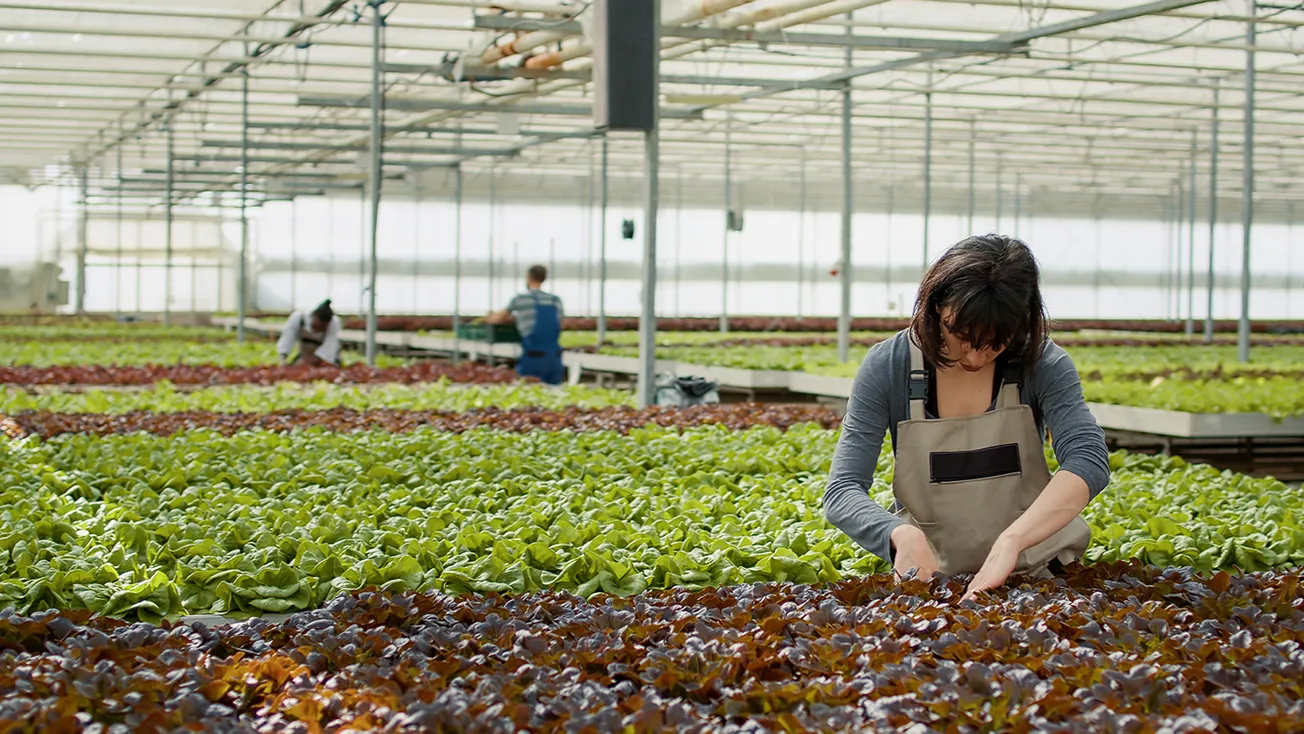
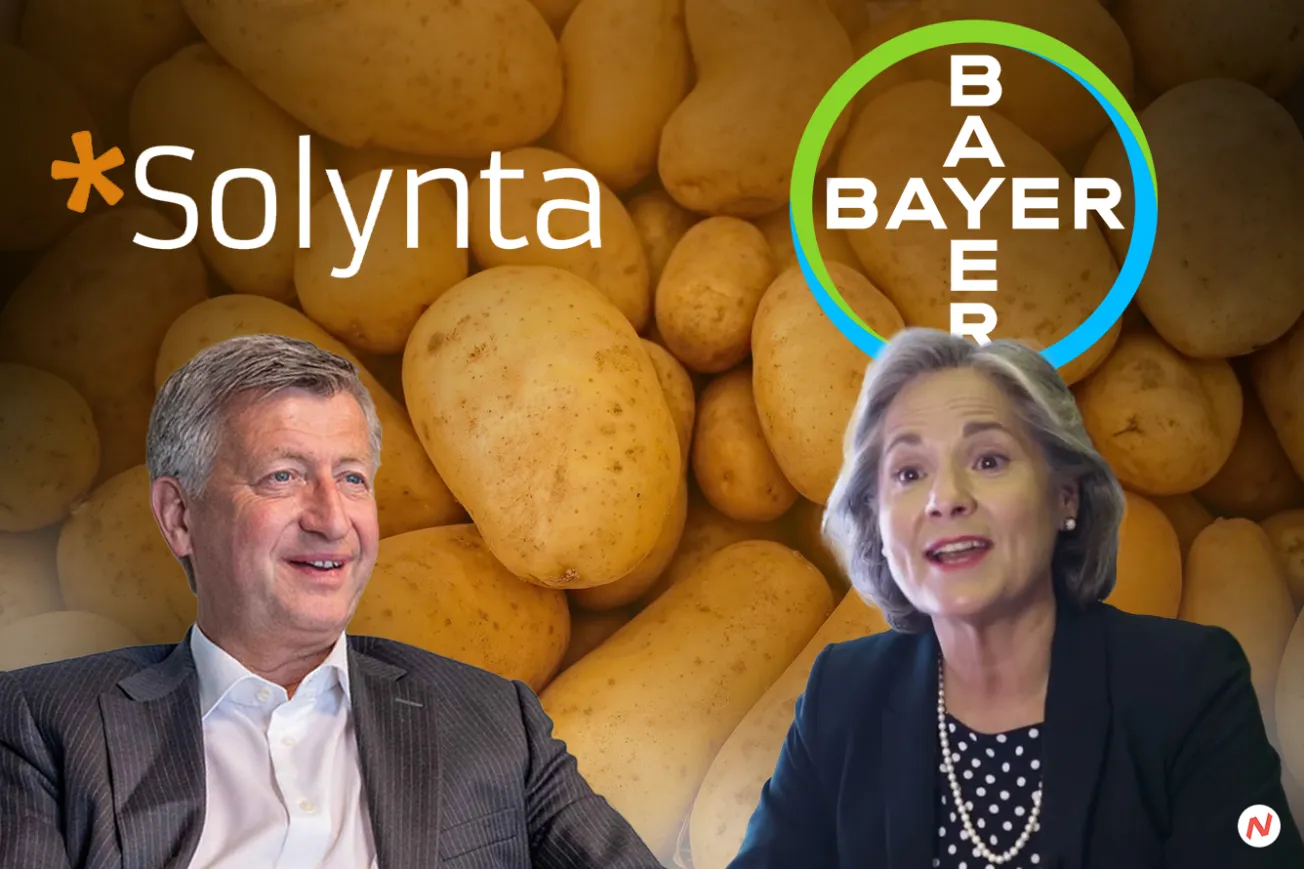
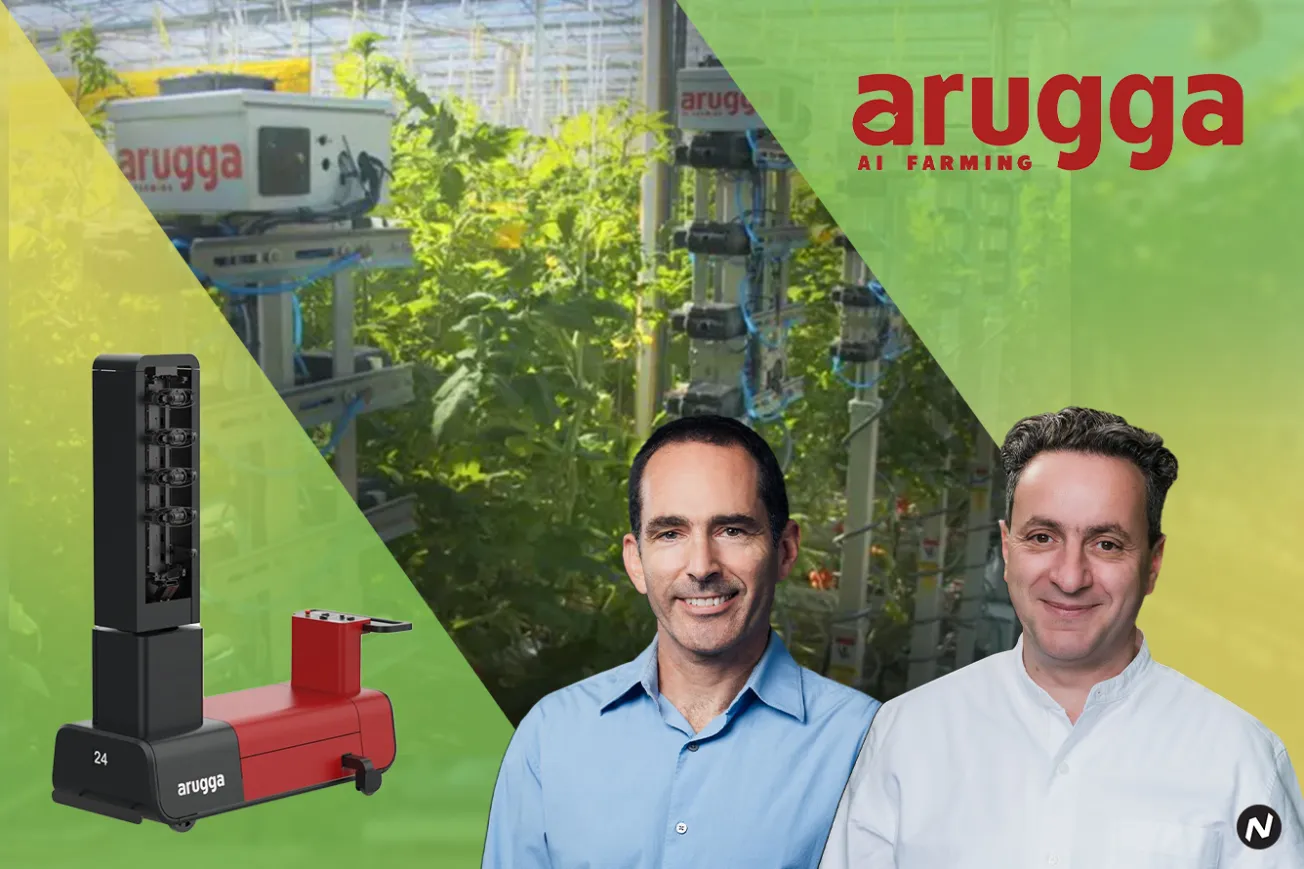
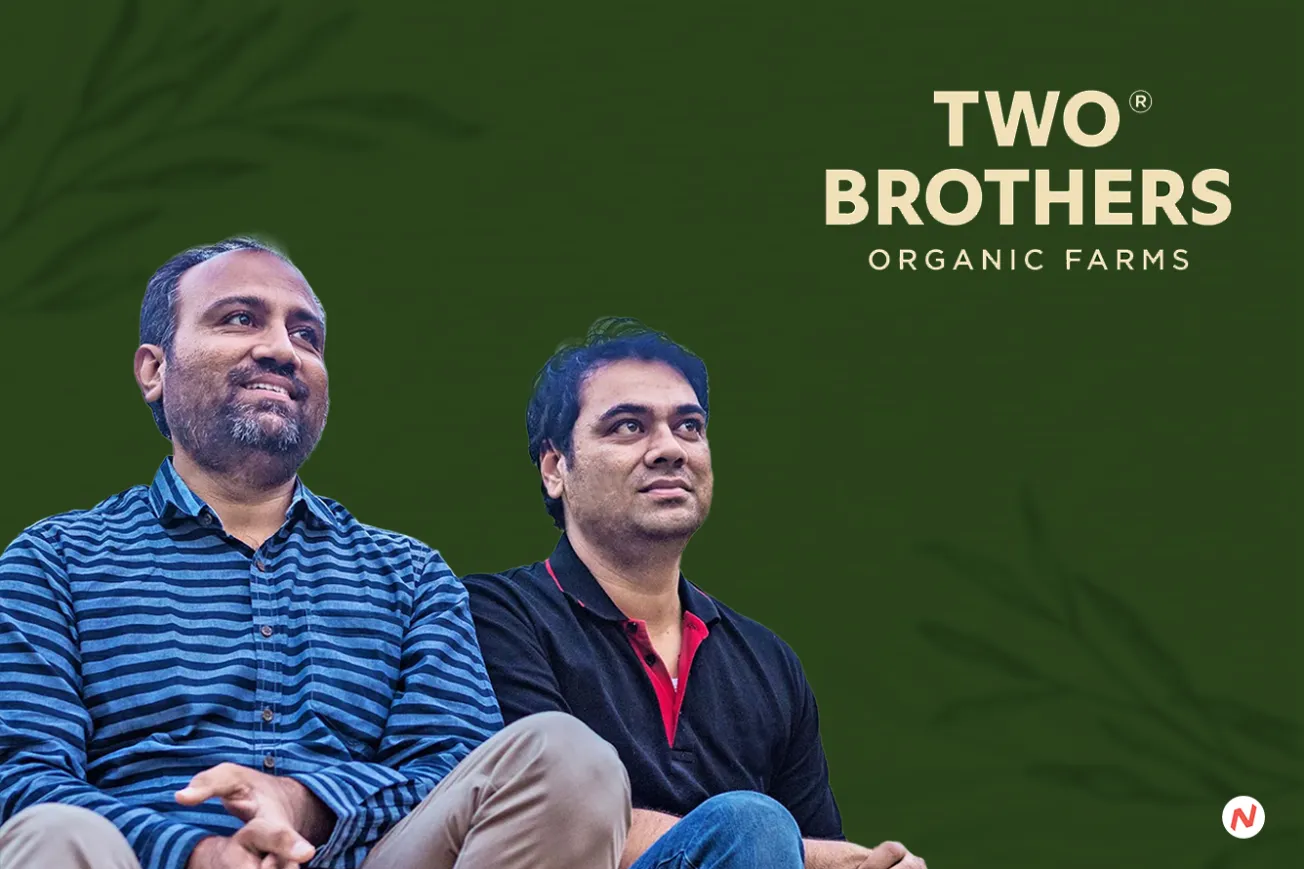
![Factor[e] Ventures Empowering Emergent Markets](/content/images/size/w1304/format/webp/2024/04/Factor-e-Ventures.webp)
